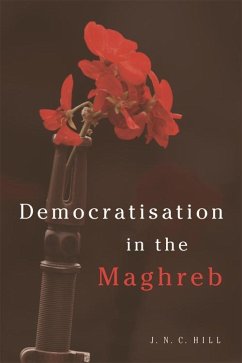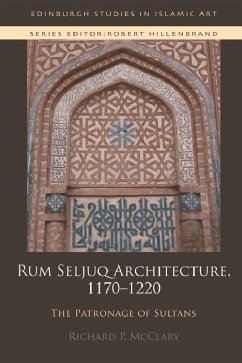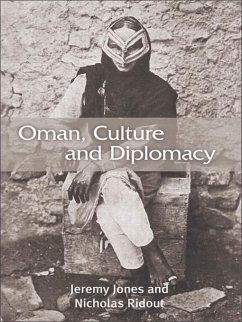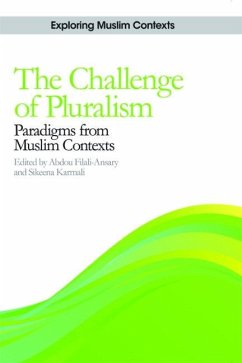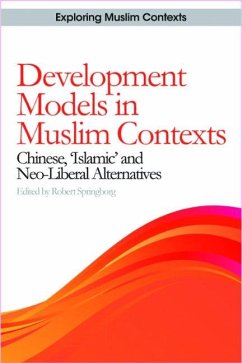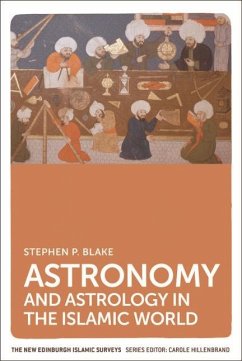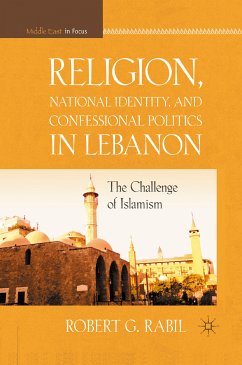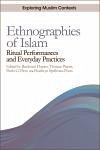
Ethnographies of Islam (eBook, PDF)
Ritual Performances and Everyday Practices
Redaktion: Dupret, Baudouin; Spellman-Poots, Kathryn; Pinto, Paulo G.; Pierret, Thomas
Versandkostenfrei!
Sofort per Download lieferbar
0,00 €
inkl. MwSt.
Weitere Ausgaben:

PAYBACK Punkte
0 °P sammeln!
An exploration into the ways in which ethnography can create a greater understanding of Islam in particular social contextsThis comparative approach to the various uses of the ethnographic method in research about Islam in anthropology and other social sciences is particularly relevant in the current climate. Political discourses and stereotypical media portrayals of Islam as a monolithic civilisation have prevented the emergence of cultural pluralism and individual freedom. Such discourses are countered by the contributors who show the diversity and plurality of Muslim societies and promote a...
An exploration into the ways in which ethnography can create a greater understanding of Islam in particular social contextsThis comparative approach to the various uses of the ethnographic method in research about Islam in anthropology and other social sciences is particularly relevant in the current climate. Political discourses and stereotypical media portrayals of Islam as a monolithic civilisation have prevented the emergence of cultural pluralism and individual freedom. Such discourses are countered by the contributors who show the diversity and plurality of Muslim societies and promote a reflection on how the ethnographic method allows the description, representation and analysis of the social and cultural complexity of Muslim societies in the discourse of anthropology.Key Features* shows the benefit of using ethnography as a method to engage with and relate to specific empirical realities* includes case studies on rituals and symbols in Syria, Tunisia, Damascus, Algeria, Britain, Pakistan, Brazil and Lebanon* covers practices such as veiling, students' religious practices, charitable activities, law, and scholarship in Egypt, Jordan, Turkey and Yemen
Dieser Download kann aus rechtlichen Gründen nur mit Rechnungsadresse in A, B, BG, CY, CZ, D, DK, EW, E, FIN, F, GR, HR, H, IRL, I, LT, L, LR, M, NL, PL, P, R, S, SLO, SK ausgeliefert werden.





